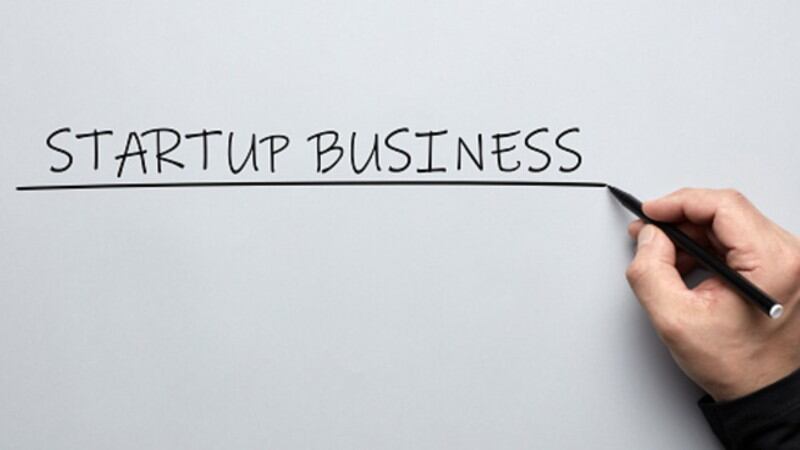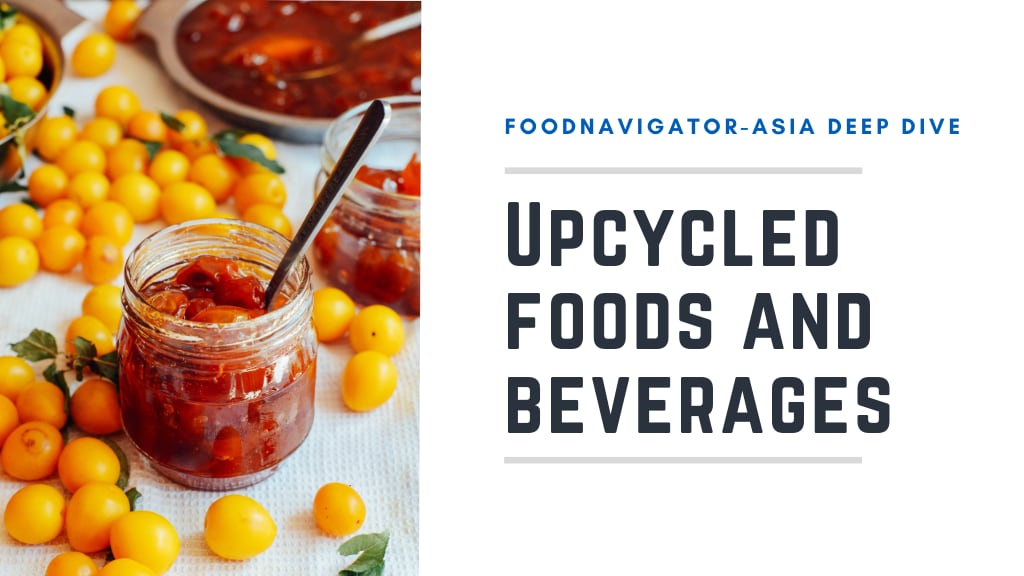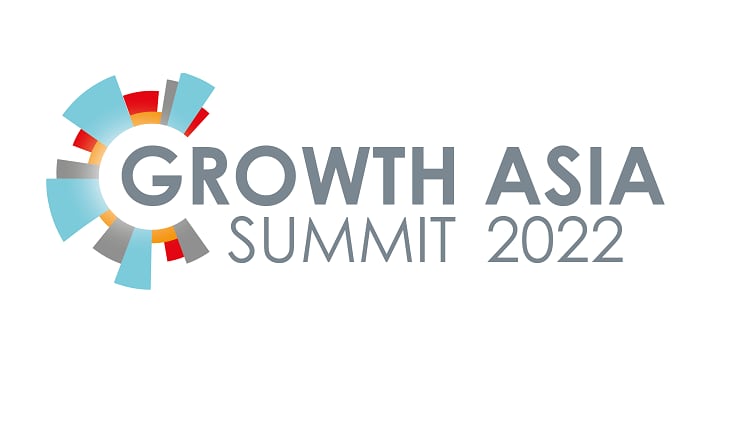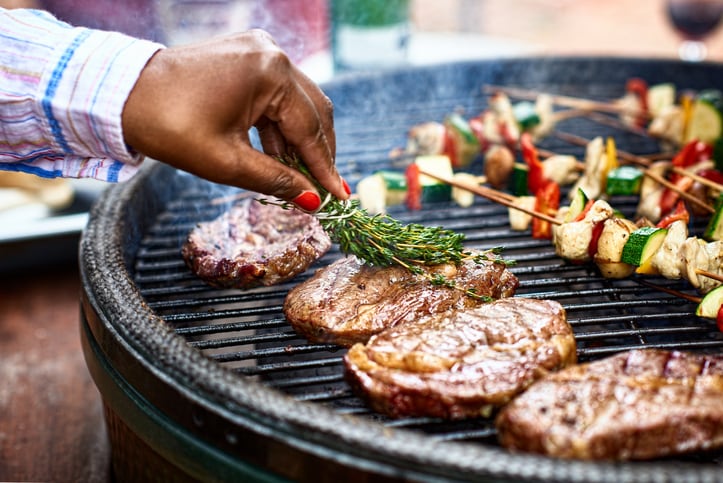‘Fashion-forward’ female favourite: China’s Yeyo plans plant-based innovation drive to target core audience
China’s first coconut yoghurt brand Yeyo has plans to bolster its product portfolio with more innovations targeting its core audience of ‘fashion-forward’ female consumers, banking on its successful nationwide retail expansion and recent US$1.2mn funding boost.
When we spoke to Yeyo in July last year, the firm had just launched its Tmall flagship store with a focus on brand building in the China market, with no offline stores to speak of. Less than a year on, it now has offline presence in about 200 stores nationwide, including retailers such as MUJI and BHG.
“We have presence in most of the high-end supermarkets and will also be in ALDI stores soon, and it won’t be long before we hit the mass market retailers as well,” Christiana Zhu, Co-Founder and CEO of Yeyo’s mother company Marvelous Foods, told FoodNavigator-Asia.
Dairy-free 'mylk' bases: Ulu Hye co-founder on pioneering new category while juggling young family - Podcast
In this episode of our Food and Beverage Trailblazers podcast we speak to Heidi Peuten, Co-Founder of Ulu Hye, about her pioneering journey to create the world’s first dairy-free mylk bases, and life juggling entrepreneurship with a very young family.
Australia-based Ulu Hye is the creator of dairy-free mylk bases, which are essentially concentrated bases made from nuts and/or seeds that are blended with water to become plant-based ‘milk’ that can be used just like any other dairy alternative milk.
Mylk bases are a world-first concept within the alternative dairy space, and were developed with a focus on waste and carbon footprint reduction, according to Peuten.
“The thing about the [cartons] used today is that only a really small percentage of these cartons are actually getting recycled, so a majority of them are still ending up in landfill,” she told FoodNavigator-Asia.
Targeting non-vegans: UAE’s Freakin’ Healthy expands into ready-to-eat category with clean label vegan cheese spread
UAE-based snack company Freakin’ Healthy is further expanding its better-for-you product range with the launch of a new plant-based cheese spread.
Established in 2018, the firm is best known for its clean label, vegan and healthy chocolate bars, superfood bars and protein balls, after which it launched a vegan meal subscription service in 2020.
The release of the cheese spread, which comes in four flavours, marks its decision to expand the customer base and product portfolio under the ready-to-eat category.
“Our objective is to introduce more people to clean plant-based foods because a lot of consumers still don't understand the difference between clean plant-based and junk plant-based foods. The perception now is that if they go vegan or plant-based, it's automatically healthier, which is wrong because these products can actually be worse,” according to Roy Koyess, founder and CEO of Freakin’ Healthy.
Building back butter? Nepali peanut butter brand Sanchai targets post-COVID exports recovery
Nepalese peanut butter brand Sanchai, that was founded to provide much needed jobs for women, is seeking to bounce back from its COVID-19 slowdown by exporting to Singapore and exploring market opportunities in the United States.
Established by Japanese entrepreneur Naka Kotobuki, the firm started selling natural peanut butter and a sugar-free version in 2018.
The peanuts are locally grown in Khotang, a district at the foot of the Himalayan mountains with an altitude of 1,500 to 1,800m, and processed at Sanchai’s factory also in Khotang. In Nepal, the products are sold at some supermarkets and grocery stores in Kathmandu, with tourists its main clientele. The firm also exports to Japan, Kotobuki’s home country, via its e-commerce store.
She said: “In Nepal, not many people eat peanut butter. But, Nepal attracts many tourists who enjoy it, so we thought it could be a good souvenir for them.”
Seltzer strategy: China’s ZEYA pivots to supermarkets, on-trade channels and rolls out new packaging
China’s first hard seltzer company, ZEYA, has turned the attention to supermarkets and on-trade channels, after pivoting from e-commerce which accounted for the majority of sales over the last few pandemic-stricken years.
The firm was founded in June 2020, and about 70% of sales came from ZEYA’s WeChat store. The hard seltzers are also sold on Tmall and Little Red Book. On e-commerce, the firm sells 80,000 to 100,000 gross merchandise volume (GMV) monthly.
This year, it anticipates modern and on-trade channels to take up majority of sales, and e-commerce to contribute 7 to 10% of total sales. Co-founder Eric Hoang told FoodNavigator-Asia alcohol e-commerce sales has not taken off as much in China as elsewhere.
“Over the last few years, China has handled COVID-19 pretty well, with little disruption to on-trade. So people are still going to bars, restaurants, whereas in a lot of other markets, there's been a need to shift to online, that's not so apparent here.





